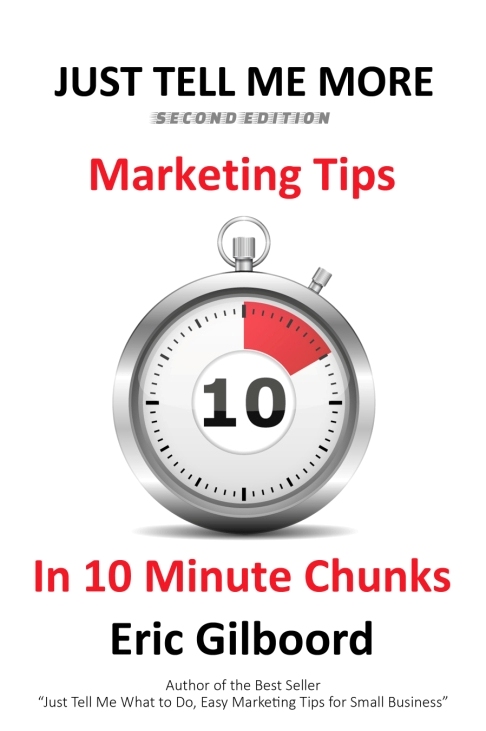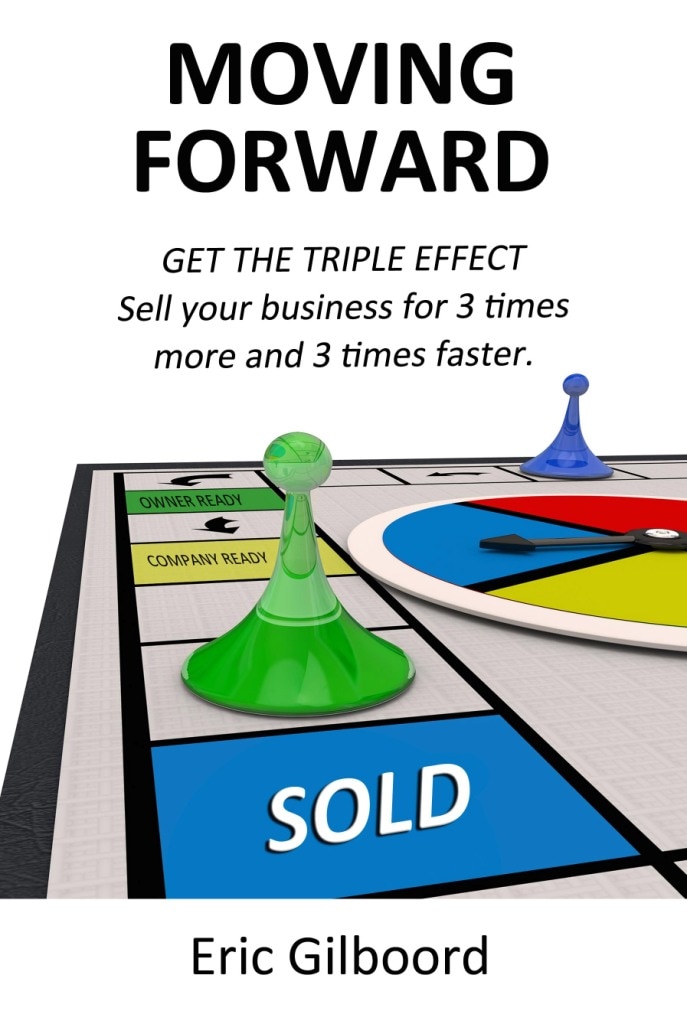Entrepreneurs often apply their life skills to their sales and marketing, and the acquired lessons from marriage are no different. The business professionals we spoke to explain how their marriage helped them become stronger entrepreneurs…and how running their own companies helped their relationships.
Eric Gilboord, of Toronto-based WarrenBDC, helps Boomer-aged business owners to sell or transition out of their companies. He believes that there are six pillars of a good marriage that, if applied to the business, can make for an excellent entrepreneur.
- Constant communication. “Communicating is key with your staff or your spouse.”
- Planning ahead. “In marriage, you plan for retirement and the years ahead. Any business should be planning for the next three years. And you should have back up plans.”
- Respect. “In a marriage it might be as simple as ‘thank you for making dinner’, and it’s not about buying them diamonds. Sometimes that’s all people want, is to be appreciated.”
- Compromise. “Like business, marriage is a partnership. There’s negotiation, sometimes conflicting opinions. Learn to bend when it’s important; stand firm when necessary. You begin to understand the nature of compromise.”
- Happiness all around. “Everybody has to be a winner; it has to be win-win. That’s similar to marriage. You need to work to understand what a win means. That doesn’t have to mean a loss for someone else. You have to look for what they want, and it’s not always what you might think. Your partner might not always want more money. It just might mean they want more respect.”
- Criticism: know how to do it. “Constructive criticism is good, and there has to be a balance between criticism and complimenting. Good criticism is done in the spirit of helping somebody do something better; personal or professional,” says Gilboord. “Criticism should not be flung at a whim; rather, the criticism is saved for when it’s truly important. Worker morale and productivity suffers when they feel negativity, looked down upon or that their every move is censured. Critique can be deflating for many, even if it is done constructively.” He recommends, moreover, whether it’s your spouse or staff, never criticize publicly – it will do more harm than good. “And it should not be done in anger. Tonality and timing are important.”
- Learning their habits and pet peeves. “You start to know the flavor of work your clients like, and only then are you able to tweak their expectations, but you have to show them why your way is better. Spouses are the same… But don’t push too much: Knowing pet peeves means avoiding pushing the wrong buttons, a trait shared by spouses and clients alike.”
2. Knowing when to say “Yes, dear” and move on. “Sometimes clients are fixated on an idea that, despite your professional, experienced opinion to the contrary, they are sure that it will work. To keep the relationship, and sometimes the account,, it’s best to remember that they are the customer and move on. The spouse comparison? No more need be said.”
3. Retain the romance. “Relationships can’t all be about work. You have to remember why you paired up in the first place, and do things to demonstrate you haven’t forgotten. Client relationships are the same: behind the companies are people who, despite their rank, want to feel appreciated. Remembering birthdays and showing appreciation on appropriate holidays go a long way toward strengthening rapport against increasing competition.”
4. Know how to argue. “Arguments are not the end of the world. Having a disagreement shouldn’t break you up. The key, however, is to argue with purpose.”
Nick Stokman is co-founder of Ilos Videos, a Minnesota-based online video training portal, and he believes that being married – though without kids – is definitely a plus for an entrepreneur. For one, it means extra cash and time.
“From a financial standpoint, either your spouse is working, or s/he is keeping everything up to snuff at the house… so you can focus on growing your business,” he notes.
The other advantage is being able to not have to worry about dating anymore. “Few things are as demanding as dating,” including time, emotional investment, arranging dates and breakups.
“Being married allows you to settle down and get to work.”
But Oklahoma City-based Greg Archbald, the founder and CEO of an oil and gas tech firm GreaseBook, has a differing view. At 33 years old, he’s single, and sees marriage as something that requires a complete shift in time commitment that could have an effect on running a business.
“I once was told life is like a stove-top. You’ve got four burners: One for family, one for friends, one for self and one for your job. Pick three. If you want to be really good at something, pick two,” he says. “Besides the obvious advantages my singlehood brings me, such as the ability to take on more risk, dedicate more hours, just generally be in a foul mood and have no wife or children to suffer for it, I do believe you, as a single person, can get too wrapped up in your company.”
For many, marriage came with a steep, swift learning curve on how to navigate another person’s needs – and how to cultivate a close relationship. Many of those lessons can be carried over to client relationships, too, in certain ways.
Some other examples we’ve discovered are:
- Shown an interest in the other person’s interests, whether it’s your spouse or client. This helps build trust and shows you care.
- Keep your spouse –and your client – happy. Offer to help, whether it’s around the house, or problem solving with a customer, or going the extra smile to provide answers to queries.
- Listen. Don’t just hear another when they speak but really listen. Communication is key in any relationship, and it starts with listening and having an open mind.
- Even if you’re unhappy, act happy – bad moods are contagious. In other words, in the same way you wouldn’t enjoy someone unleashing the grump on you, don’t dump the grumpy on someone else.









